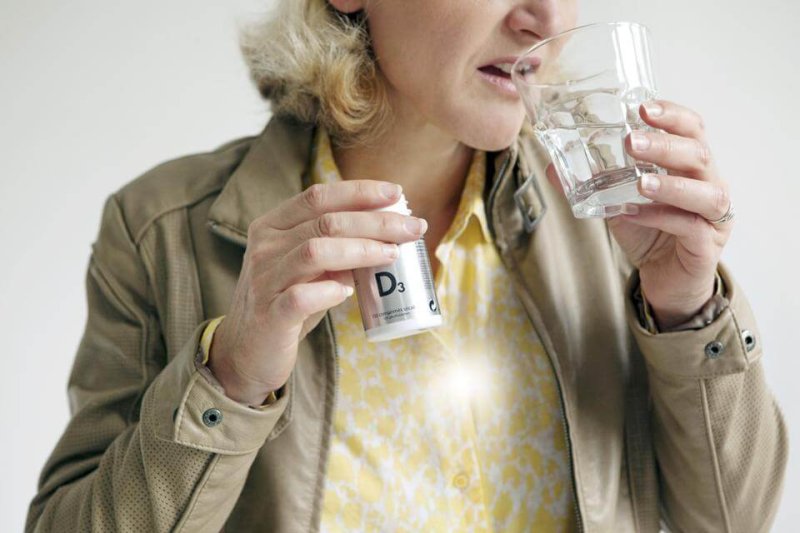In addition, patients who were vitamin D sufficient had lower blood levels of the inflammatory marker C-reactive protein, and higher blood lymphocyte levels. “This study provides direct evidence that vitamin D sufficiency can reduce the complications, including the cytokine storm (release of too many proteins into the blood too quickly) and ultimately death from COVID-19,” commented Michael F. Holick, PhD, MD, professor of medicine, physiology and biophysics and molecular medicine at Boston University School of Medicine.
Vitamin D interaction with its receptor in immune cells modulates the innate and acquired immune systems in response to invasion of bacterial and viral pathogens. Vitamin D also modulates the renin-angiotensin pathway and downregulates ACE2. “Therefore, vitamin D might help in treatment of COVID-19 by preventing the cytokine storm and subsequent ARDS [acute respiratory distress syndrome] which is commonly the cause of mortality,” the authors commented.































